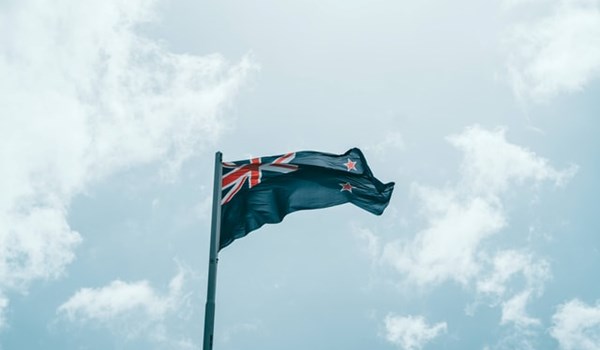Kenya has signed an international convention that guarantees access to information that would help in fighting tax evasion.
Under the terms of the agreement signed last week with the Organisation for Economic Co-operation Development (OECD), Kenya is entitled to information about foreign companies that operate in the country
The UK, will for instance be obliged to provide taxation details of a British company with operations in Kenya — for the purpose of determining the veracity of declared taxes. “The Convention provides for all forms of administrative assistance in tax matters: exchange of information on request, spontaneous exchange, automatic exchange, tax examinations abroad, simultaneous tax examinations and assistance in tax collection,” OECD said in a statement.
Kenya’s Ambassador to France Salma Ahmed signed on to the protocol which is touted as the most powerful tool for beating tax cheats. Recent findings have found that rich individuals have stashed billions of dollars in foreign and secret jurisdictions — most of the cash being proceeds of crime or theft.
Without a mutual assistance agreement, a country cannot access such confidential information from another jurisdiction where the funds could be hidden. Multinational firms have also perfected the art of using complex tax arrangements to avoid paying the correct amounts in corporate taxes in countries that they have operations.
In almost all instances, the multinational firms were found to have abused tax rules through transfer pricing, commonly known as TP. Through TP, companies seek a tax efficient structure to shift profits offshore through related companies invoicing each other for goods or services, but at prices that minimise profits in high-tax countries and maximise them in countries considered to be tax-friendlier.
More than Sh250 trillion is lost every year through such schemes by the countries around the world, out of which Sh100 billion would be due to Kenya. It is such challenges that prompted the OECD to draft the new rules which would make it possible for tax authorities to access the otherwise confidential information in tracing the financial transactions.
Tax evasion
Kenya became the 94th country to sign up to the convention, coming only weeks after new corporate reporting guidelines came into force on January 1, within the European Union, UK and US. In the new guidelines, multinationals are required to indicate how much of their revenues is generated in the respective jurisdictions that they have operations in, and how much in taxes was declared and surrendered, accordingly.
Kenya Revenue Authority is currently battling tens of multinational firms in court and the tax tribunal over suspected tax evasion. The new convention now means that KRA can query how a multinational operating in Kenya but with subsidiaries elsewhere books its sales and how it makes its aggregate profits.
Generally, such multinationals do not disclose their operations in different countries, making it impossible for tax authorities like KRA to look beyond the declared aggregate results.



